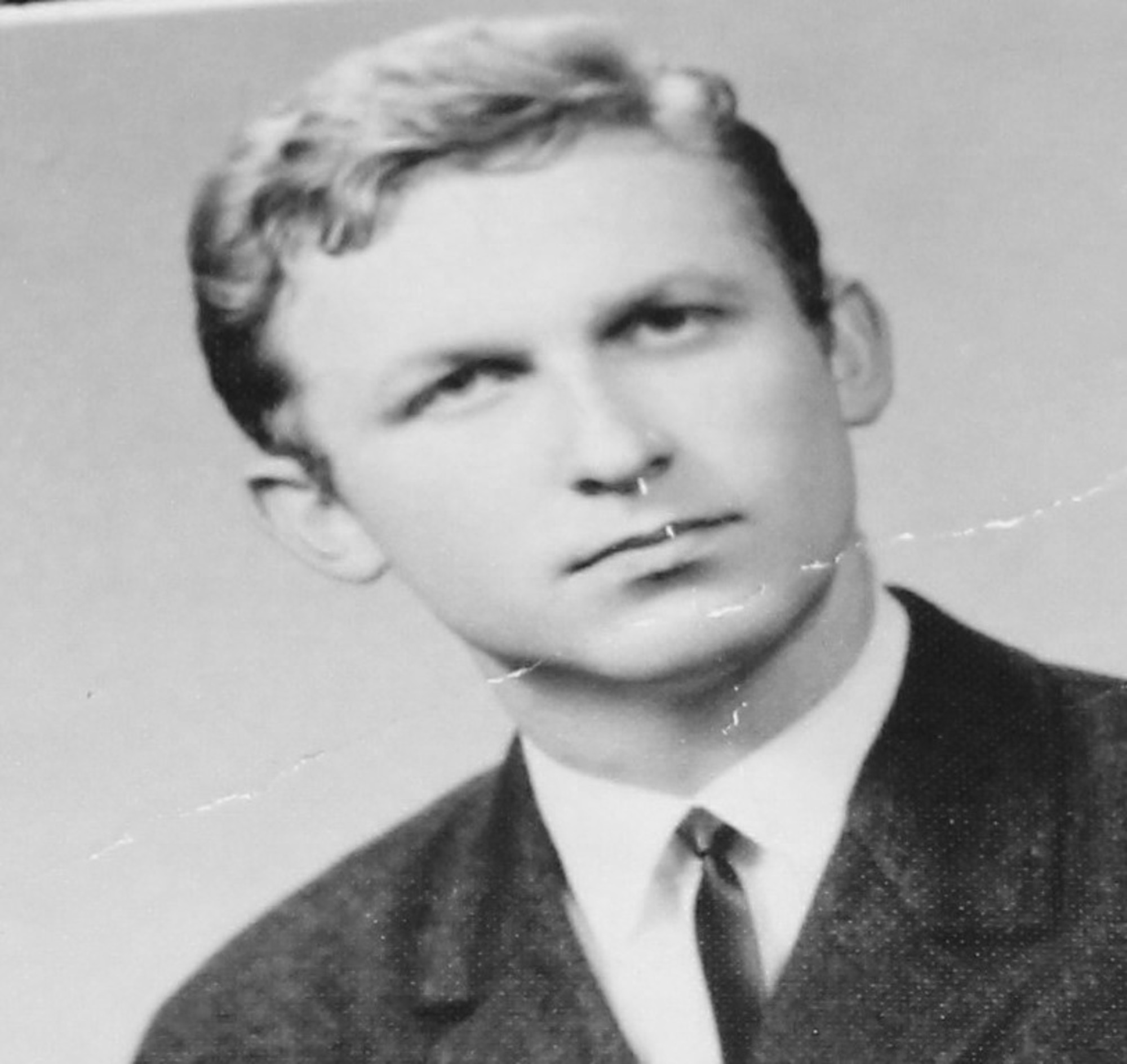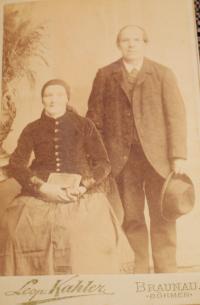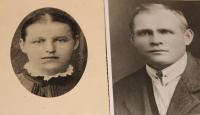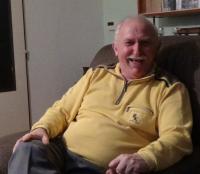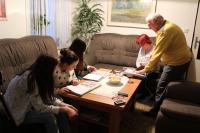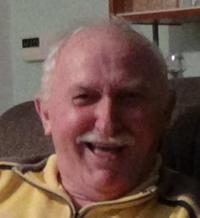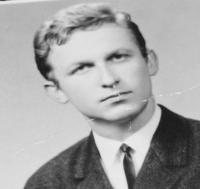When I was a little child, I didn’t care whether somebody spoke Czech or German
Arnošt Obst was born as Arnošt Špiske on May 8, 1944 in Křinice in the Broumov region into a Slovak-German family. Part of his family was thus deported from Czechoslovakia after the war and he never saw his paternal grandparents again. His father fought on the Russian front as a soldier of the German army, he was captured and the family only heard from him in 1950. Since he did not wish to return to Czechoslovakia and Arnošt‘s mother refused to follow him to Germany, they eventually divorced. In 1955 Arnošt had his surname changed to Obst according to the surname of his stepfather. In 1968 he met his father in Germany, but he chose not to use the opportunity to emigrate due to his wife and children. When he served in the position of a member of the municipal council in Broumov, he contributed to the renovation of the local cemetery.
